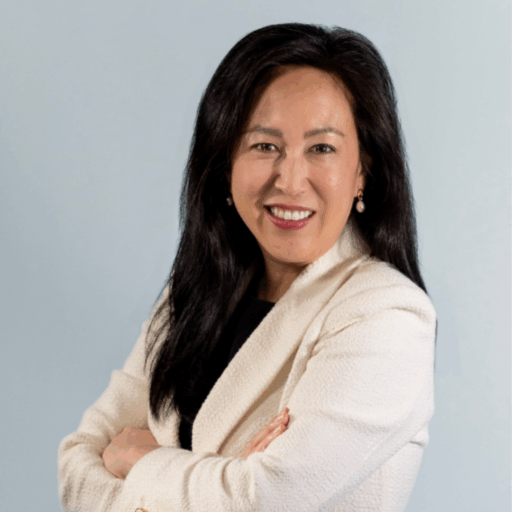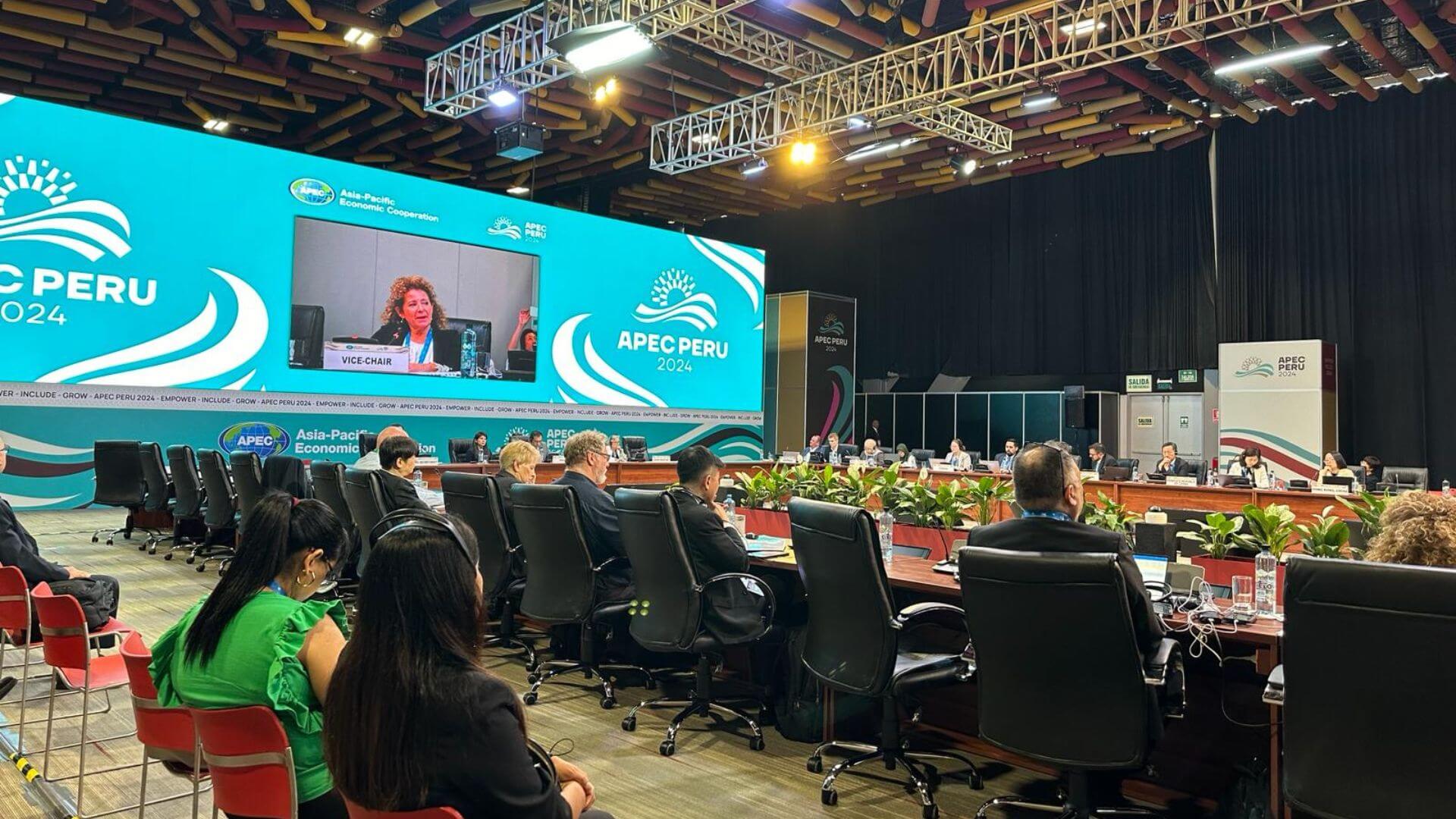

Patricia Wu
Leadership, Health & Life Sciences


Increasing regulatory harmonisation drives efficiencies by conserving public resources, attracting investment, and combating corruption. Furthermore, harmonisation efforts in the medical products sector play a vital role in ensuring public safety and enhancing access to life-saving products for all.
Since its establishment in 2009, the Asia-Pacific Economic Cooperation (APEC) Regulatory Harmonization Steering Committee (RHSC) has convened a tripartite network of regulators, industry stakeholders, and academia to accelerate regulatory convergence and reliance within the APEC region.
Access Partnership team members have long served as advisors to the RHSC Co-Chairs and helped to design and launch the RHSC’s Centers of Excellence for Regulatory Science (CoEs). Leveraging a curriculum that promotes internationally recognised guidelines and best practices, the 20+ CoEs have trained thousands of regulators and industry professionals.
During the first APEC Senior Officials’ Meeting of 2024 in Lima, Peru, Access Partnership’s Senior Vice President Patricia Wu and Consultant Anne Blatchford in their capacity as Advisors to the RHSC Co-Chairs worked with the Co-Chairs, the U.S. Food & Drug Administration and the Pharmaceuticals and Medical Devices Agency of Japan, their trade and foreign ministry counterparts, and other delegations to endorse the terms of reference for the work to continue.
As a result of these efforts, and recognising that regulatory harmonisation is an ongoing journey, the RHSC looks forward to building on past successes and incubating new ideas in 2024. This includes working to drive the adoption of internationally recognised standards from the International Council for Harmonisation of Technical Requirements for Pharmaceuticals for Human Use and the International Medical Device Regulatory Forum. More information on these goals can be found in a joint update issued by the US Department of State, Department of Health and Human Services, and Office of the United States Trade Representative.
The RHSC will also seek to expand training services for thousands of regulators and industry members through the CoEs, as well as cultivate political will for convergence and reliance among regulatory policymakers.
To discover how organisations can leverage the regulatory convergence efforts spearheaded by the RHSC and supported by Access Partnership, please contact Patricia Wu at [email protected] and Anne Blatchford at [email protected].



